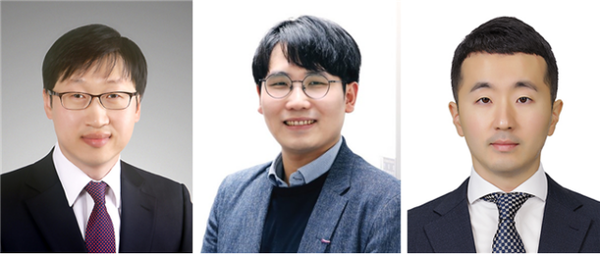Researchers at St. Mary’s Seoul Hospital have developed a method to treat acute liver failure using 3D printing.

Acute liver failure is a serious disease with a mortality rate of up to 80 percent if the patient does not receive liver transplantation at the time of onset. Therefore, there has been an urgent need to develop effective treatments as without the transplant, it caused rapid liver function deterioration and various complications.
“Various researchers have been actively conducting ways to deliver drugs to the damaged liver efficiently,” the hospital said. “However, it has been difficult to design a drug-releasing implant according to the shape of the damaged tissue and deliver the drug in the long term.”
The team, led by Professors Yoon Joon-won, Park Woo-ram, and Jung hyun-do, turned to a new concept drug delivery implant to treat acute liver failure using 3D printing.
“The drug delivery implant using 3D printing developed by the team laid the foundation for a simpler and more effective treatment of acute liver failure with a single operation,” the hospital said. “Using 3D printing technology, our researchers have developed a new concept drug delivery implant that can continuously replenish drugs according to the shape of the damaged tissue.”
The hospital stressed that using the implant for drug delivery is advantageous as it only requires a single operation to implant the device.
“Also, the transplant consists of an injection port connected to a storage space that delivers the drug by contacting the damaged liver tissue,” it said. “Therefore, the liver regeneration drug can be continuously replenished through the port after transplantation.”
The researchers have also confirmed the effect of regenerating the liver and alleviating liver levels when injecting the drug through the implant device, it added.
Professor Yoon said, “We could develop a new medical technology concept through multidisciplinary joint research within the university, such as 3D printing technology in the IT field and tissue regeneration fusion technology in the biotechnology field.”
The team will continue to contribute to the development of customized treatment technology for intractable patients through active multidisciplinary collaboration, he added.
The results of the study were published in the July issue of Advanced Healthcare Materials.

